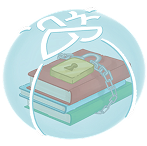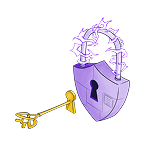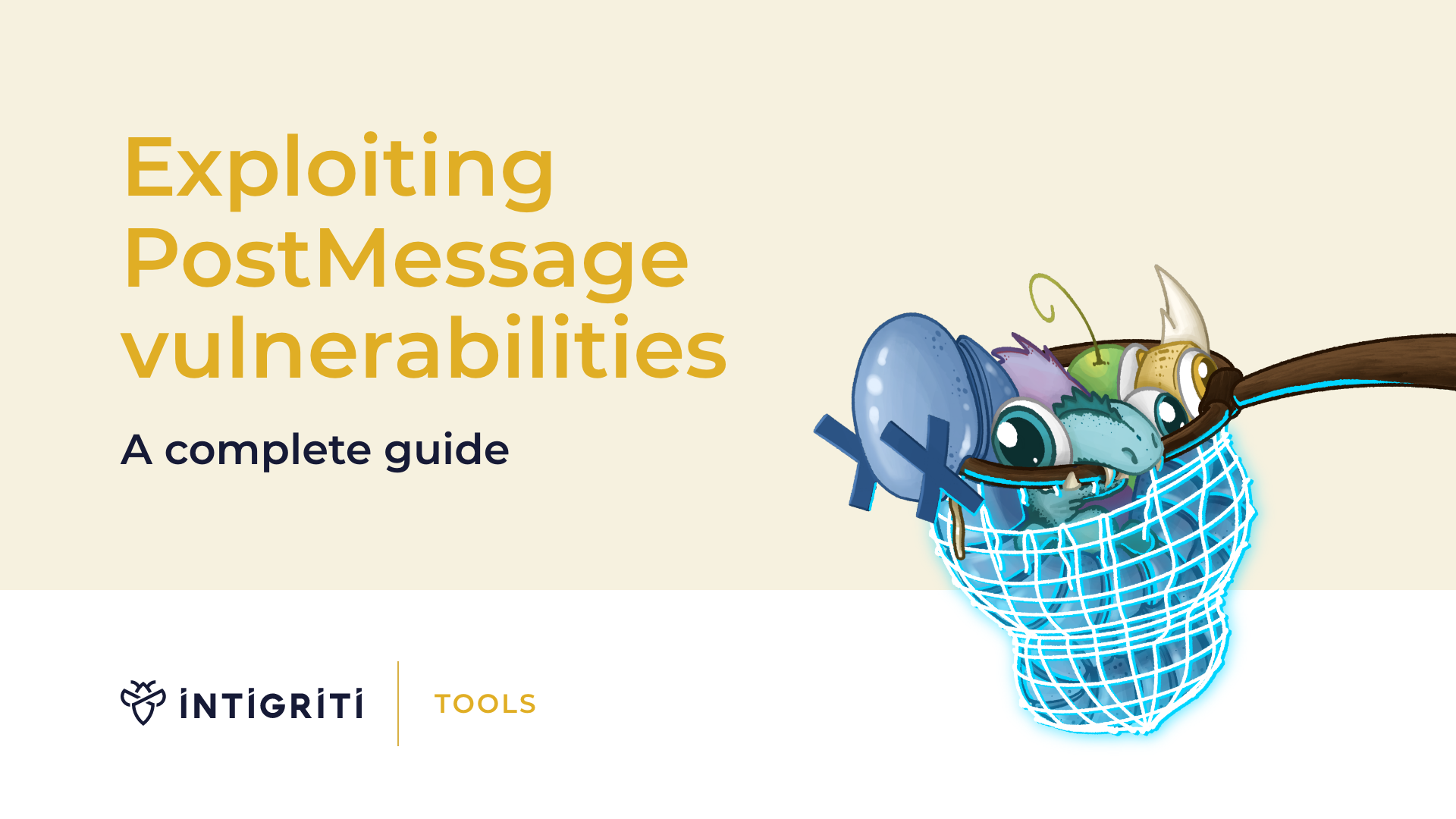Waybackurls – Hacker Tools: Time-traveling for bounties 👩💻
By Anna Hammond
September 24, 2021
The past can tell stories, show things that should’ve never been uncovered and today we will be looking at that past. We can go hunt for subdomains, secret endpoints, tokens, and secrets, all with the help of Waybackurls.
Wayback Machine Logo
🙋♂️ What is Waybackurls?
Waybackurls by @TomNomNom is a small utility written in Go that will fetch known URLs from the Wayback Machine and Common Crawl. (For more information on these services, read the remainder of the article!)
It is a very small utility that does what it was designed for and does it well.
🔎 What can you find with Waybackurls?
Subdomains
This is a great way to passively and incredibly quickly gather subdomains that have actually been used in the past (and are potentially still in use or outdated today). In fact, most popular subdomain enumeration tools such as Amass also search through the Wayback Machine for subdomains.Endpoints
Perhaps this one is a bit too obvious but yes, this will give you a large list of endpoints that can be tested. Additionally, this scan is way faster than brute force content enumeration tools such as Gobuster.Tokens & secrets
People have used this technique in the past to find a valid session or API keys and secrets in the GET parameters for requests found by Waybackurls. An example is this blog article.IDs and secret files
Ever come across applications where you upload a file, perhaps containing sensitive data, and it gets stored in/files/932c847ab1288734dfe234234? Did you wonder if you could find more files there? Perhaps Waybackurls will show you another one and help you disclose information!
🐱🏍 Our first run!
Check out the video below for an example of how you can use Waybackurls!
👷♀️ Setting up Waybackurls
Installing Waybackurls is as simple as counting to ten!
Download the appropriate release from the releases on Github.
Untar the file through
tar -xf fileEnjoy the
waybackurlsbinary
🐕🦺 Services making Waybackurls possible
As discussed earlier, this tool uses the Wayback Machine and Common Crawl to search for results. Let’s take a very quick look at these services.
Wayback Machine
This service was created when the internet was still making its first baby steps. It has archived over 614 billion web pages over the last decades and these have been either manually archived or crawled.Common Crawl
Common Crawl is another project that crawls millions of sites to keep a public record of the results. You can query these, which is what the tool does.
For more information, be sure to check out their websites!
🚧 Conclusion
Waybackurls is a tiny, yet helpful utility to help you uncover the past. Start using it today and let’s get some easy wins!
If you would like to recommend a tool for us to cover next week, then be sure to let us know down below. Also be sure to check out all the previous Hacker Tools articles, such as the last one on Dalfox.
Did you know that there is a video accompanying this article? Check out the playlist!
You may also like
February 17, 2026
How to use AI for improved vulnerability report writing
Report writing is an integral part of bug bounty or any type of vulnerability assessment. In fact, sometimes, it can become the most important phase. Submitting a confusing report can often lead to misalignment and faulty interpretation of your reported vulnerability. On the contrary, a well-written
January 31, 2026
Exploiting PostMessage vulnerabilities: A complete guide
PostMessage vulnerabilities arise when developers fail to properly validate message origins or sanitize content within cross-origin communication handlers. As modern web applications increasingly rely on the postMessage API for cross-origin communication, whether for embedded widgets, OAuth flows, t
At Intigriti, we host monthly web-based Capture The Flag (CTF) challenges as a way to engage with the security researcher community. January's challenge presented participants with CRYPTIGRITI, a cryptocurrency trading platform where users could buy and trade Bitcoin (BTC), Monero (XMR), and a custo



























